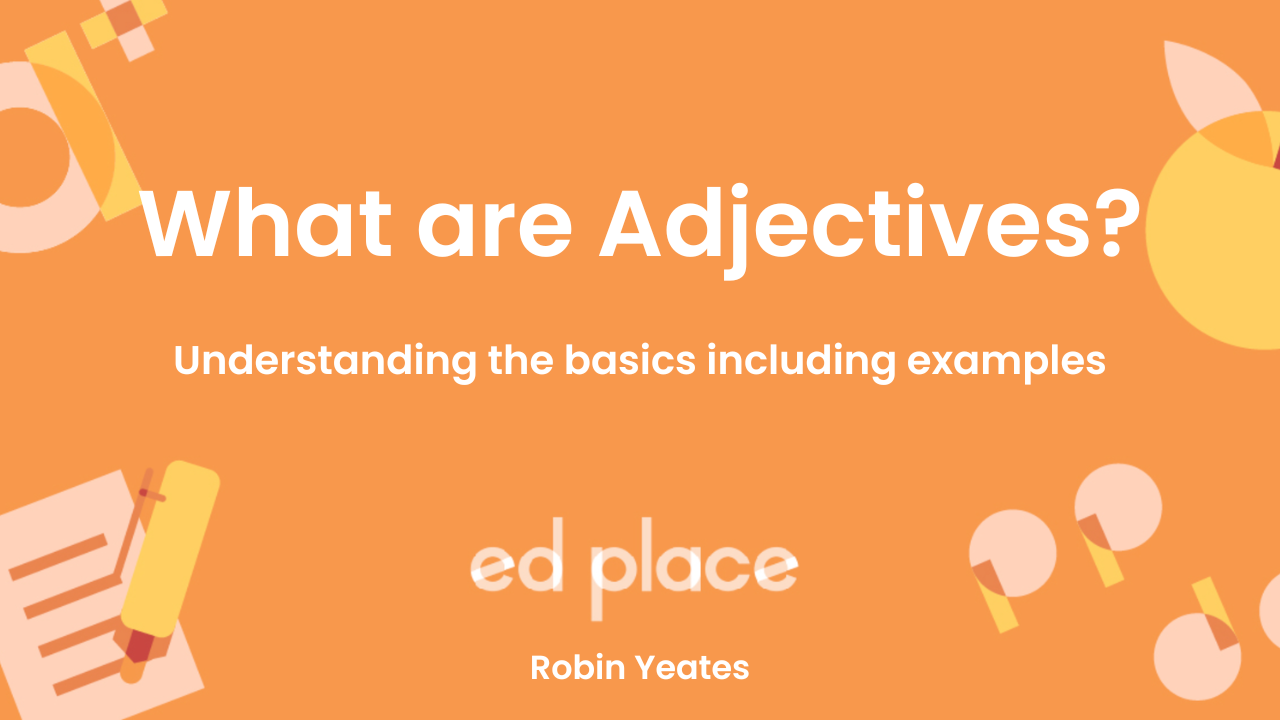What are the National Curriculum levels?
If you have school-aged children you have probably received end of year reports giving their National Curriculum levels, but you may not be sure what these levels signify. What does it mean if a child is Level 3A in maths? Is it better or worse than 3C? Why is your child at one level for reading but at a different level for writing? For people not directly involved in the education system, the National Curriculum levels can seem very confusing. This guide aims to explain what the levels are and how they relate to an individual child’s progress.
National Curriculum levels are used to compare a child’s ability against national standards of achievement. They are used in Key Stages 1, 2 and 3 for English, maths and science. Each level is divided into three sub-levels, with A at the top end and C at the lower end, so Level 1C is the lowest and Level 8A the highest.





.png)
.png)
.png)




